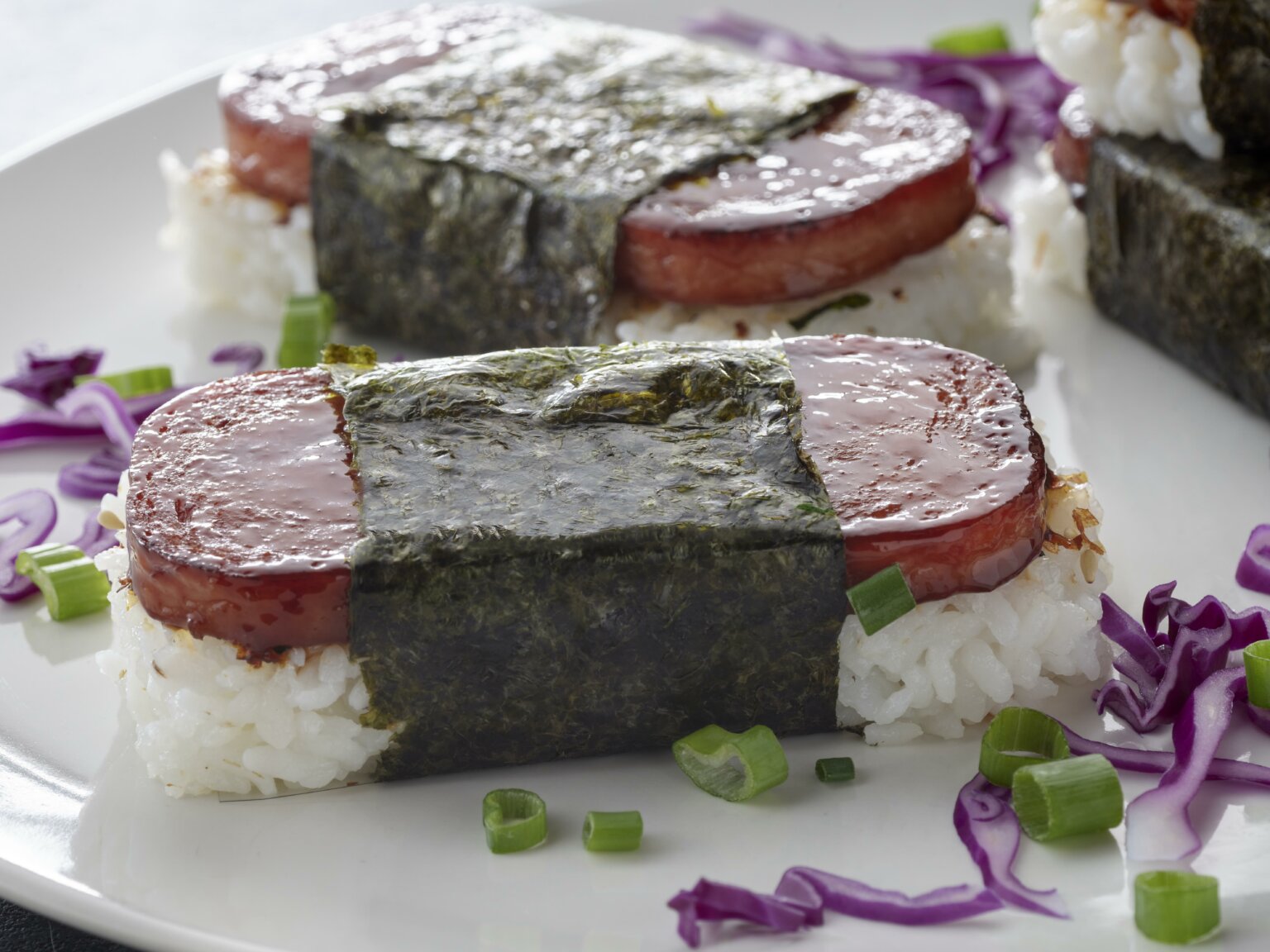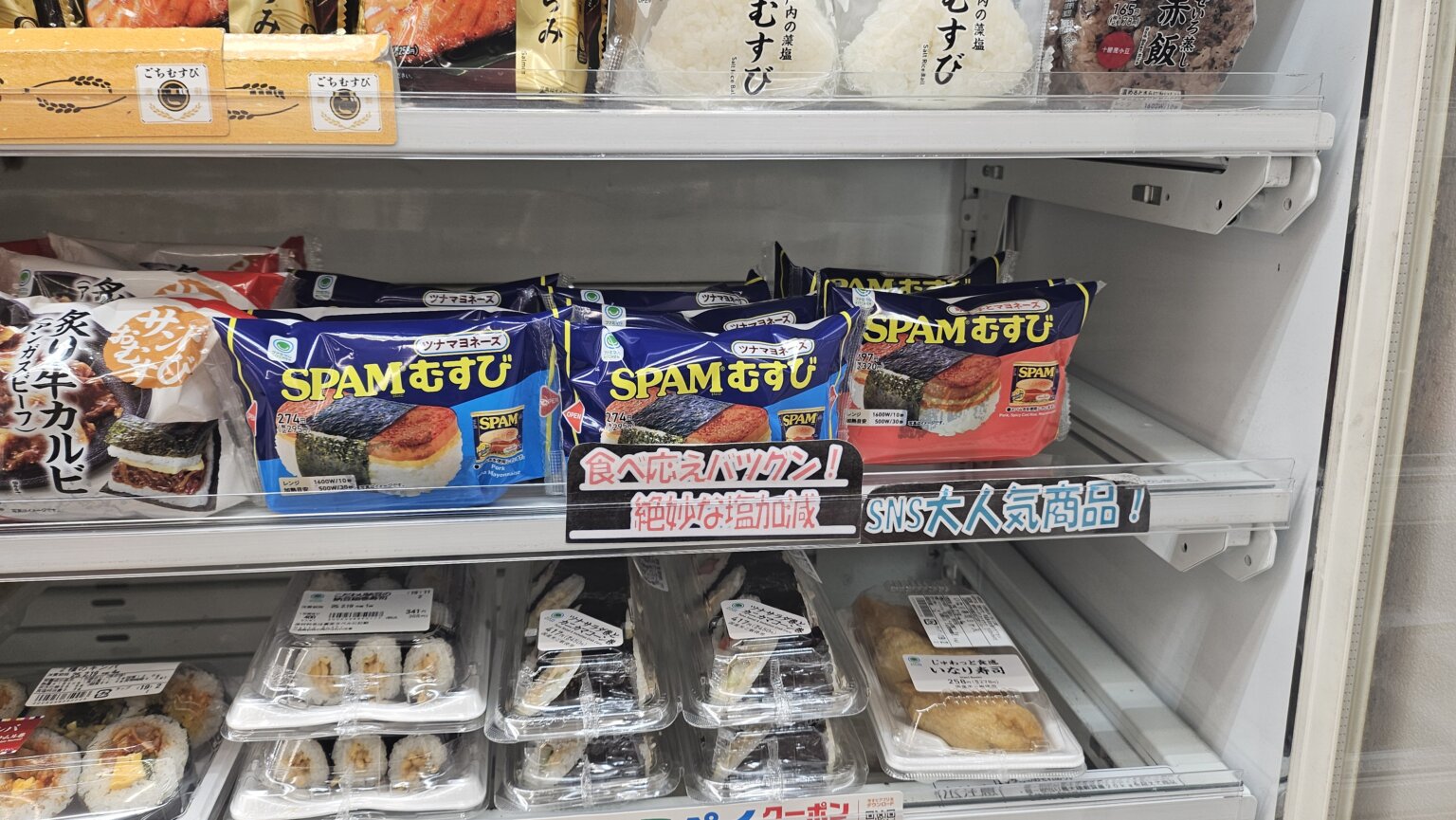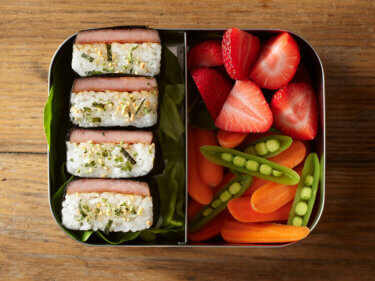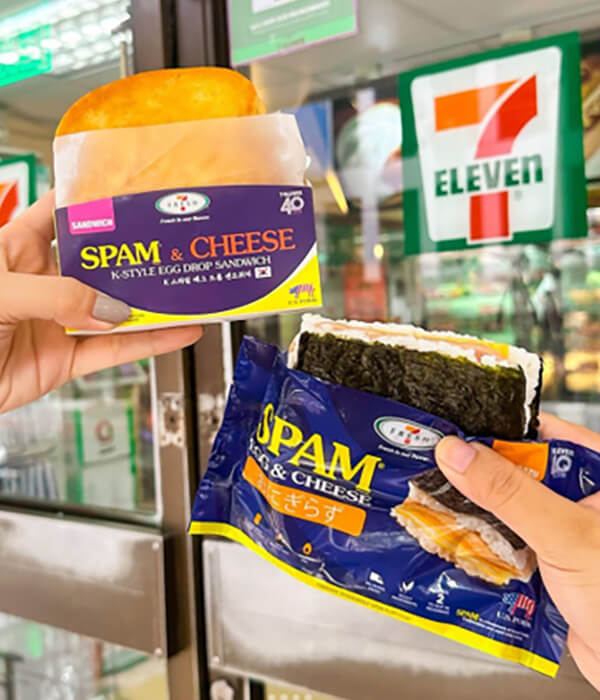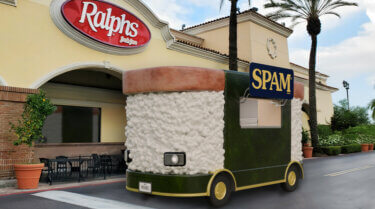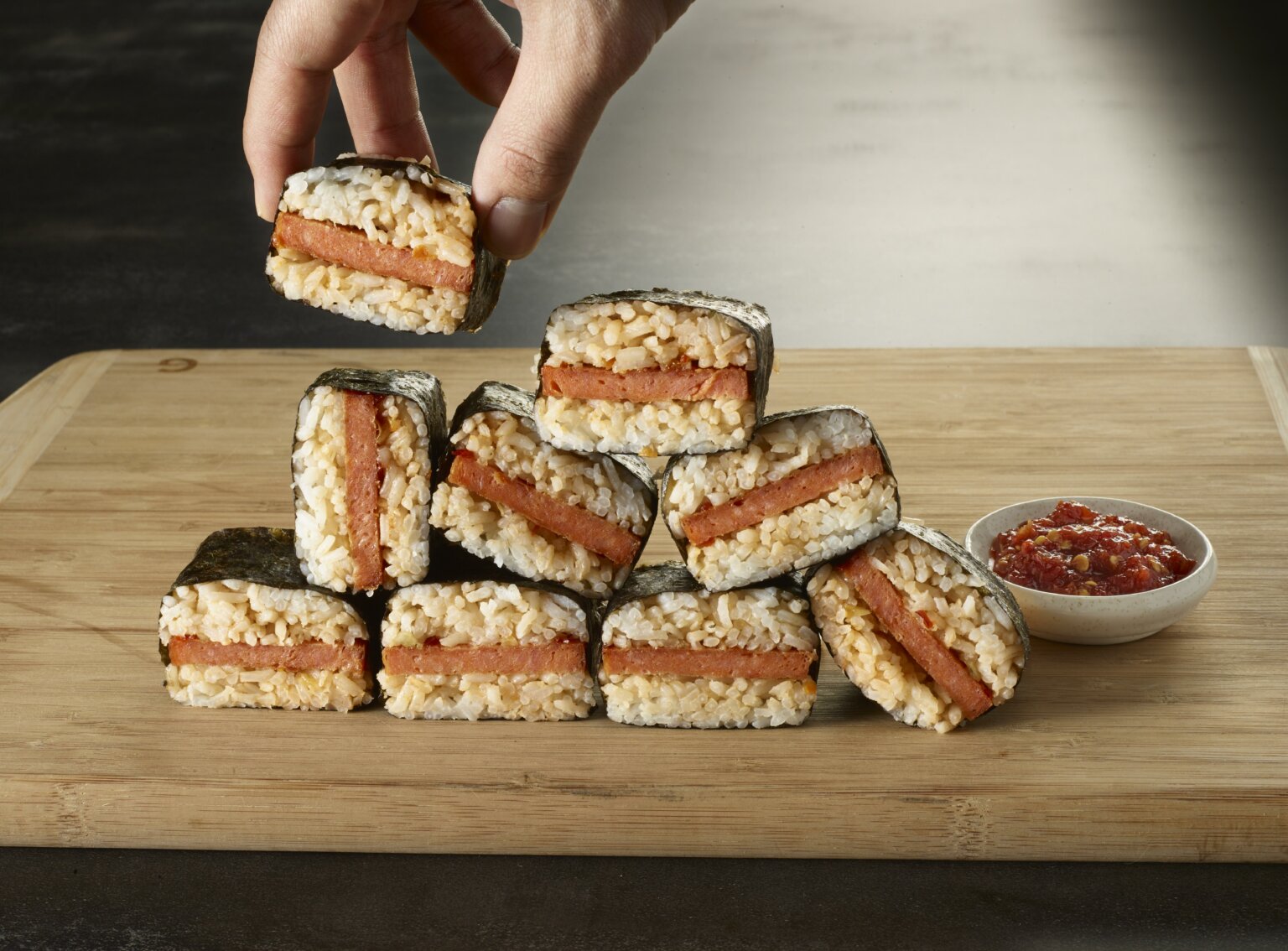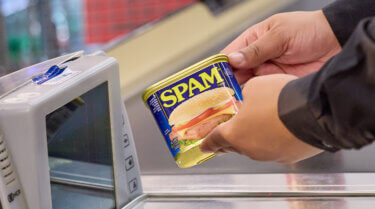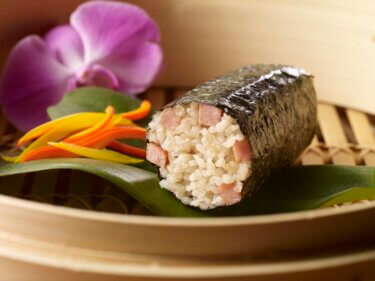That tradition is beginning to resonate across the globe, as well. From Japan to the Philippines and now to the deli counters of mainland U.S. grocery retailers, the SPAM® brand is finding new momentum in non-traditional formats. These prepared products aren’t replacing the iconic can — far from it — but they are reshaping how consumers discover and interact with the brand. They’re convenient. They’re craveable. And they’re quietly rewriting the SPAM® brand playbook in real time.
“SPAM® is one of the few brands that can transcend borders and cultures,” said Swen Neufeldt, group vice president at Hormel Foods and president of Hormel Foods International Corporation (HFIC). “What we’re seeing now is a new chapter, where the brand is showing up in new and exciting ways, and consumers all over the world are responding in kind.”
“Every season we try to launch a new flavor,” Yukita said. “And if that flavor performs well, we keep selling it. Some items are seasonal only, but some are becoming standard, and now we are selling four to five different kinds of SPAM® products in FamilyMart throughout the year.”
“We really focused on making sure that SPAM® brand was prominently featured on all the products,” Dy said. “We wanted to make sure that the branding was there, and people know that these are SPAM® products. And I think that contributed a lot to the success we’ve seen.”
According to Dy, the ready-to-eat products helped reinforce the brand’s premium positioning, while also making it more accessible to younger consumers. The reception exceeded expectations.
“We expected it to be popular with consumers, but even we didn’t expect it to grow that fast,” she said. “People really liked it, and we got a lot of good feedback. It’s something new and exciting, and it’s something that people are coming back to repurchase again and again.”
For the SPAM® brand, that dynamic is already visible in long-established markets like Hawaii, where musubi is part of the cultural fabric. According to Kubiak, 7-Eleven stores in Hawaii are selling approximately 300 units of SPAM® musubi per day. Test markets on the mainland are seeing a fraction of that per-store volume to start, but early signs are promising.
“There’s certainly a lot of runway for us to explore with these kinds of products,” Kubiak said. “We’re evolving the brand and the messaging to showcase these new formats, and we think there are a lot more exciting things to come.”
These out-of-the-can offerings are designed with intention. Flavor profiles, portion sizes and packaging choices are tailored to local preferences, ensuring each product feels relevant and familiar, even as it introduces something new. That balance of cultural fit and brand integrity has been key to the success of SPAM® product innovations around the world, and it continues to guide what’s next.
“What excites me most is we’re just getting started,” Neufeldt said. “These products are only the beginning of where we can go.”

